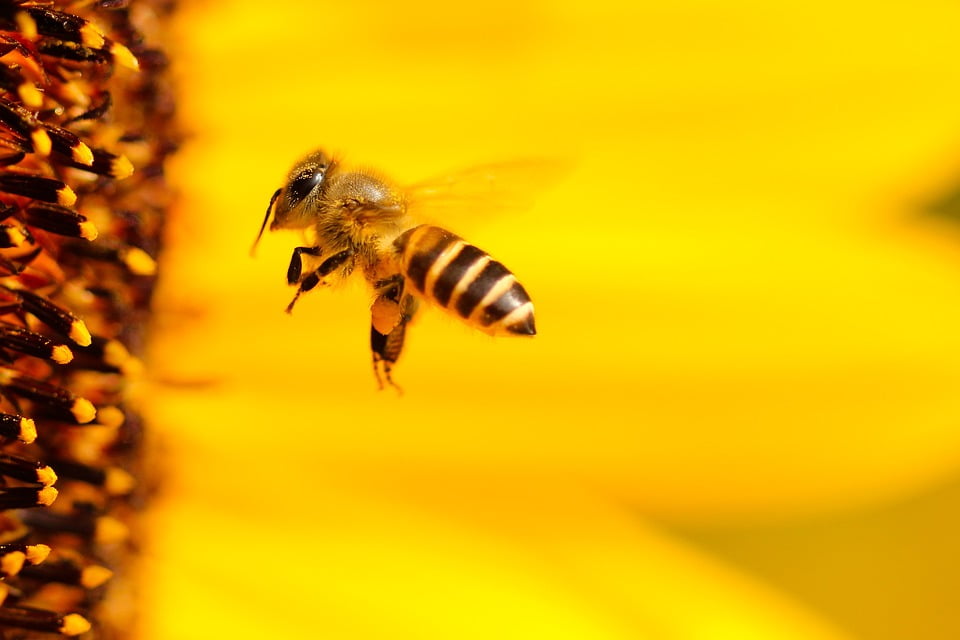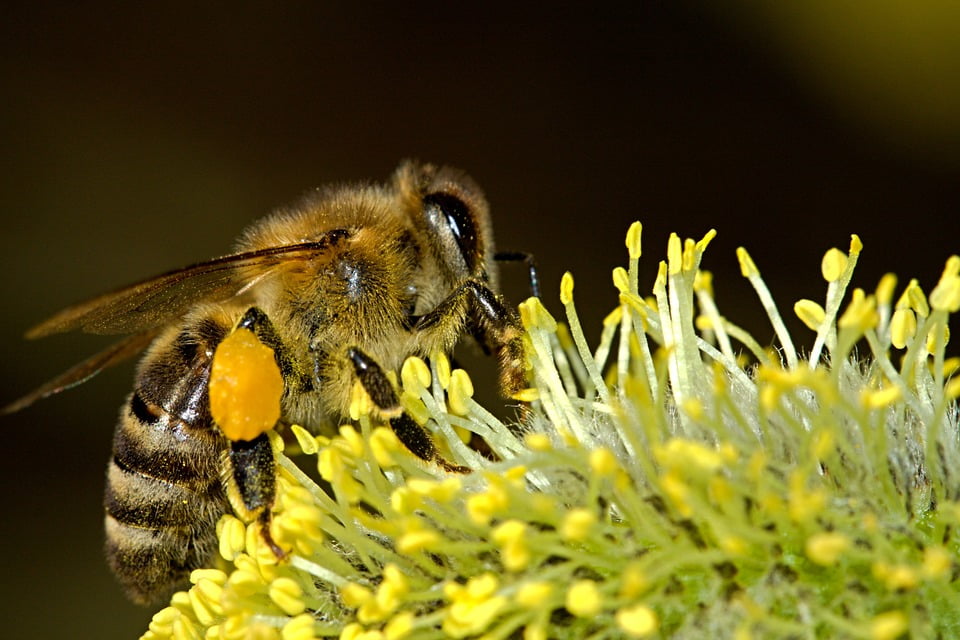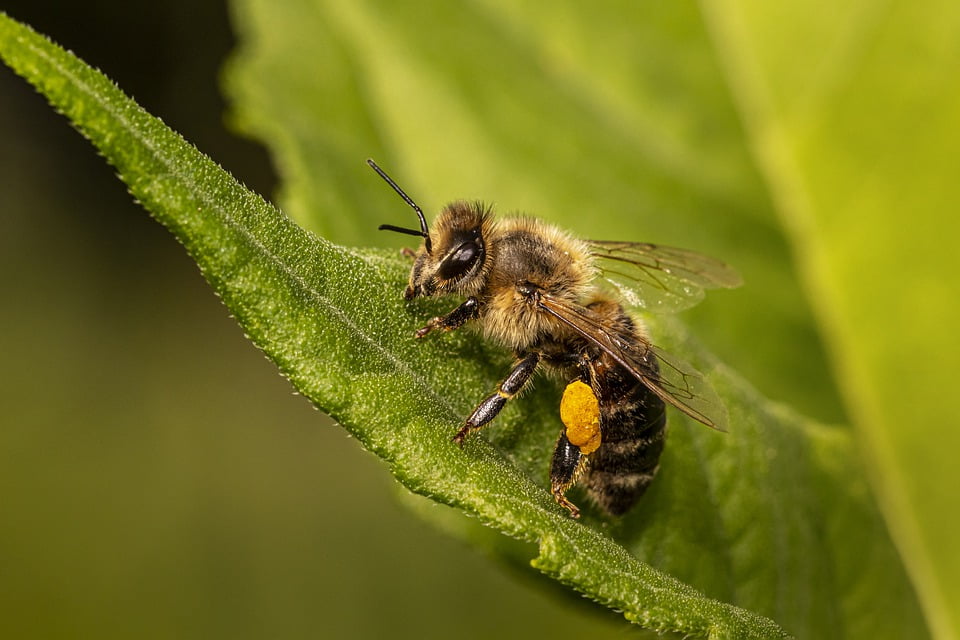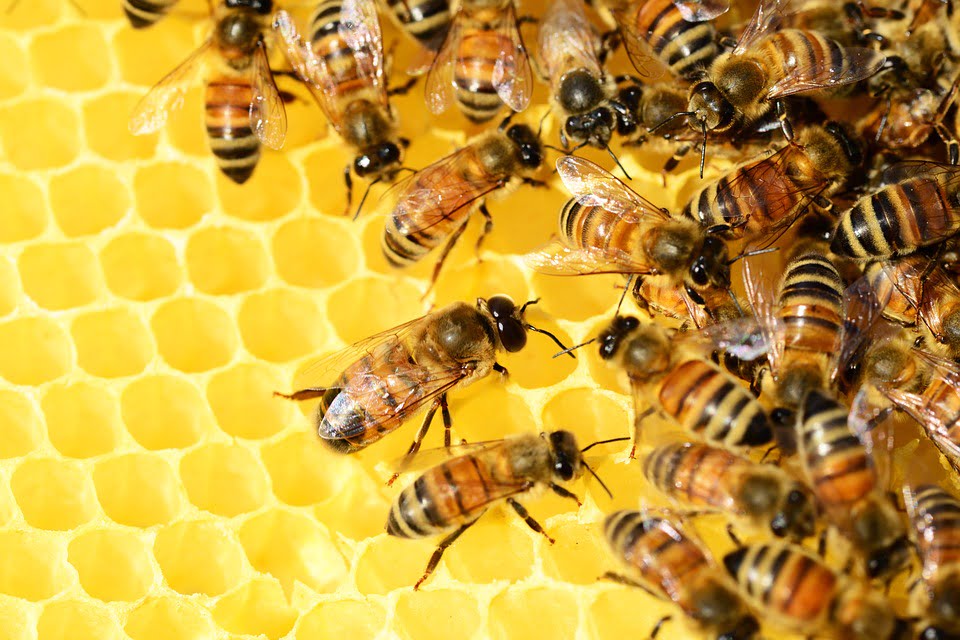Bee extinction is a serious problem that many countries are already facing. We decided to check whether humanity is really so dependent on bees that it could die without them.
The prophecy of the death of humanity due to the disappearance of bees is often attributed to Albert Einstein (we have already checked and found out that this was a mistake). The question of whether the extinction of bees is really so dangerous pops up on the Internet constantly - on websites beekeepers, on the portal Adme, in blogs on "Yandex.Zene" And TravelAsk, even in Media.
In recent years, the problem of bee extinction has become acute for many countries around the world; Europe, And USA, And Russia. But is this so scary for humanity?
The authoritative American beekeeping specialist Samuel McGregor in 1976 in his book “Insect Pollination of Cultivated Plants,” sponsored by the US Department of Agriculture, argued that a third of our diet depends directly or indirectly on insects. Is this true? Modern scientists do not completely agree with him.
University of Georgia Professor of Entomology Keith S. Delaplane believesthat the existence of bees does not directly affect the possibility of human survival. But it affects the quality of this life - primarily with regard to nutrition. True, and this depends on what region and what culture a person lives in, whether the basis of his diet is beef and dairy products, oilseeds and fruits.

Delaplane also refers to study group of scientists, carried out on the basis of harvest data that is annually collects Food and Agriculture Organization of the United Nations (FAO). They tried to answer the question, “How important is living pollination to crops?” The period under review was quite significant - from 1941 to 2006. Scientists have found that the share of global food production dependent on animal pollination ranges from 5% in industrialized countries to 8% in developing countries. The authors note that about 75% of the world's crops benefit to some extent from animal pollination, but only 10% of that 75% are entirely dependent on it.
The main conclusion that scientists have drawn is that most of the calories needed to sustain human life come from crops that do not depend on pollinators. Of course, the quality of life without fruits, berries, coffee and the fruits of other plants that need pollination will become worse, but it is still incorrect to say that humanity simply cannot survive without them.
What plants can survive well without bees? The answer to this question can be found in research another group of biologists. They argue that wheat, rice, barley, corn, oats - and these products make up a significant part of the human diet - survive well with abiotic pollination (for example, with the help of wind). Most vegetables also bear fruit without pollination. But even if we talk about fruits, then, for example, bananas, pineapples and grapes are pollinated by the same wind or even just gravity, which means that extinction without bees is unlikely for them. As you can see, humans can easily survive without pollinating insects.

However, the extinction of bees still has a significant impact on the economy. For example, pollination is necessary for nuts. The University of California Agricultural Economics Foundation conducted a study and found that since 2010, almond producers have had to spend an additional $83 million every year to buy or rent new hives of bees to replace dead ones, which, accordingly, affects the final price for the consumer.
In addition, biologist Thor Hanson, author of the book “Buzzing. Natural History of Bees,” suggests thinking not about the amount of food, which would still be sufficient for survival without bees, but about its quality. Because you still have to give up many tasty and familiar things. As an example, he leads "Big Mac" Everyone knows the recipe for this burger - two grilled meat patties, special sauce, cheese, cucumbers, lettuce and onions - all on a sesame bun. What can be gained from this if bees disappear from the face of the earth? Cutlets - yes, but most likely without pepper, because pollination is necessary for its cultivation. But we won't see the Thousand Island sauce, which is the flavor base of the burger. Almost every ingredient: cucumbers, onions, paprika, turmeric - needs pollination. There will be no salad either. And cheese, most likely, too. Onions and cucumbers have already been mentioned above. In addition to the cutlets, the only bun left in the Big Mac is one without sesame seeds.

Don’t forget that, in addition to food, bees are involved in the production of cosmetics and the textile industry (the cotton harvest directly depends on pollination). Greenpeace countedthat the contribution of bees to the world economy amounts to tens of billions of dollars (despite the fact that they themselves work for free). Yes, humanity most likely will not die without bees. But life will become worse and more expensive.
Of course, bees are not the only animals that pollinate plants. However, according to data FAO, other insect pollinators are also at risk of extinction - only about 40%. But even this still does not threaten humanity with destruction in the near future. In addition, the day may not be far off when robots will work side by side with living bees. At least, such things are already underway at Harvard. development.

Mostly not true
Read on the topic:
If you find a spelling or grammatical error, please let us know by highlighting the error text and clicking Ctrl+Enter.






